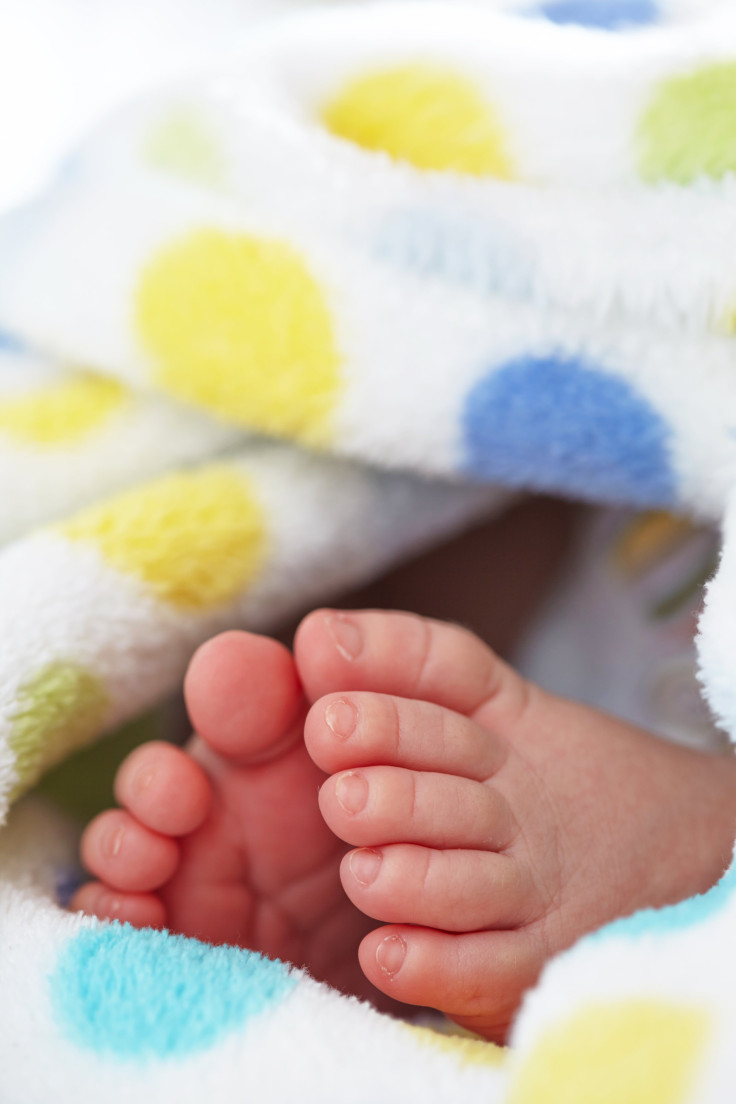Girl Born With Soft Bones, Evie Elsaesser, Survives With Experimental Treatment

She was only supposed to live for a few minutes after birth, but Evie Elsaesser has survived four years now despite being born with hypophosphatasia (HPP), a bone disorder leaving babies with unformed skeletons in the womb.
Patients with HPP tend to have very low levels of an enzyme known as alkaline phosphatase, which gives their bones a “softness” of sorts — their bones are unable to calcify, and are left fragile. “You can put your hand onto a newborn’s skull and come away with the impression that you’re feeling a damp paper bag,” Dr. Michael Whyte, director of the Center for Metabolic Bone Disease and Molecular Research at Shriners Hospitals for Children in St. Louis, told ABC News. “There’s no resistance to your lightest pressure on the skull.”
Due to an experimental treatment, however, Evie is doing well today. “She is really outgoing,” Evie’s mother, Lindsey Elsaesser, told ABC News. “She is the daredevil of our kids. She is just keeping us on the edge of our seat.”
About 1 in 100,000 people are diagnosed with the severe form of HPP, according to the National Institutes of Health. Most children who are born with the severe form die within a year of their birth. Evie in particular began having seizures immediately after her birth, which is when doctors discovered she had a severe form of HPP. “That is a really grave prognosis,” Dr. Richard Lutz, who met Evie shortly after her birth, said about her condition.
However, fortunately for Evie, she was able to join a clinical trial that would deliver the missing enzyme to her bones through regular injections. The enzyme hardened her bones, making them longer, whiter and stronger. “When we look at some of her old x-rays, it doesn’t even look like the same child,” her mother Elsaesser told ABC News. Currently, Evie attends preschool and though she has some limitations with movement, she is overall an active and normal child. “When I get to see her, it’s a real pleasure,” Lutz said. “She’s become physically active. She’s learned how to walk. That was unimaginable when she was first born.”
Hypophosphatasia not only affects bones, but it also inhibits the development of teeth. It essentially disrupts the process of mineralization, where minerals like calcium and phosphorus deposit in bones and teeth as they develop in the womb. More severe forms of HPP tend to develop immediately in infants, whereas milder forms can happen later in childhood or adulthood. Infants tend to be born with shorter limbs, an abnormal chest, and soft skull bone. They also tend to have feeding problems and are unable to gain any weight, and may have respiratory problems.



























